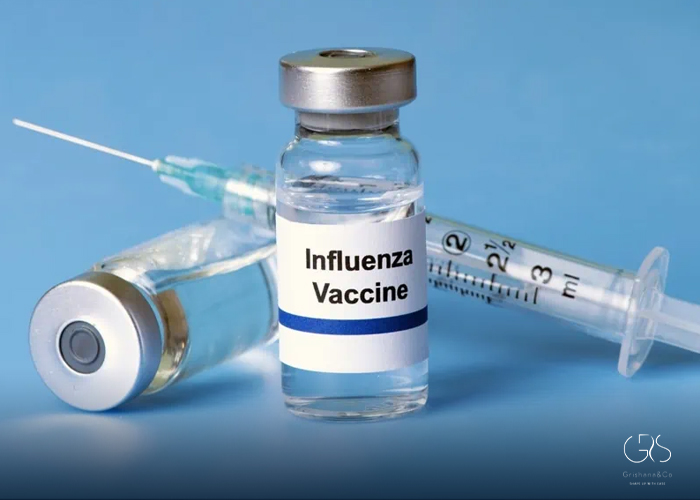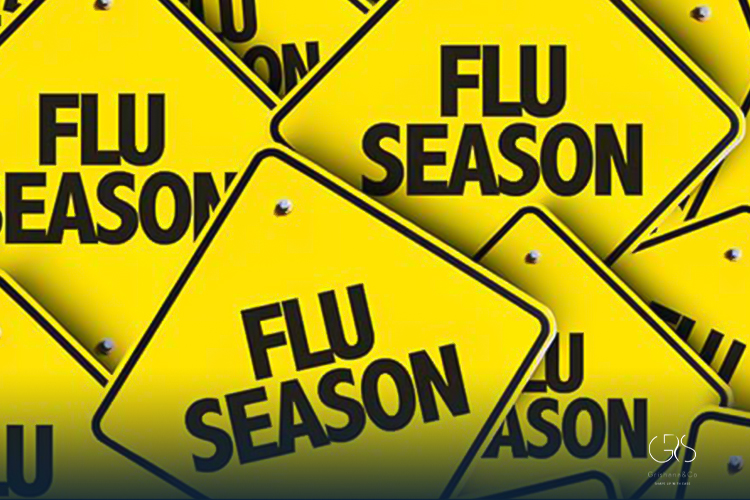In recent years, the influenza (flu) vaccine has been a hot topic of discussion among the public, sparking debates on its safety and efficacy. While the flu vaccine is recommended by healthcare professionals as a preventive measure against the flu virus, concerns about its side effects have led to hesitancy among some individuals. Understanding the potential side effects of the flu vaccine is crucial in making an informed decision about vaccination.
Is the Flu Vaccine Safe?
The flu vaccine is considered safe by the Centers for Disease Control and Prevention (CDC) and the World Health Organization (WHO). Extensive research and studies have shown that the benefits of getting vaccinated far outweigh the risks. The flu vaccine helps reduce the severity of flu symptoms and lowers the risk of flu-related complications, hospitalizations, and deaths.

Most Common Side Effects
Like any vaccine, the flu vaccine can cause side effects, most of which are mild and temporary. The most common side effects include:
- Aches and Pains: Some individuals may experience muscle aches and joint pain after receiving the flu vaccine.
- Dizziness or Fainting: In rare cases, people may feel lightheaded or faint after getting vaccinated.
- Fever: A low-grade fever is a common side effect of the flu vaccine and typically resolves within a few days.
- Injection Site Reaction: Pain, redness, or swelling at the injection site is a common side effect of the flu shot but usually subsides quickly.
Rare Side Effects
While rare, some individuals may experience more severe side effects after receiving the flu vaccine. These include:
- Guillain-Barré Syndrome (GBS): GBS is a rare neurological disorder that has been associated with the flu vaccine. However, the risk of developing GBS after vaccination is extremely low.
- Severe Allergic Reaction: Anaphylaxis is a severe allergic reaction that can occur after receiving any vaccine, including the flu shot. Individuals with a history of severe allergic reactions should consult their healthcare provider before getting vaccinated.
Types and Options
- High-Dose Vaccine: Recommended for individuals aged 65 and older, the high-dose flu vaccine contains four times the amount of antigen as a regular flu shot.
- Nasal Spray: The nasal spray flu vaccine is an option for healthy individuals between the ages of 2 and 49 who prefer not to receive an injection.
- Egg-Free Option: For individuals with an egg allergy, there are egg-free flu vaccine options available.
When To Get a Flu Vaccine
The flu vaccine is recommended for everyone aged 6 months and older. It is especially important for certain groups, including:
- Pregnant people in their third trimester.
- Young children who may need two doses of the vaccine for full protection.

Statistics and Conclusion
According to the CDC, during the 2019-2020 flu season, vaccination prevented an estimated 7.5 million influenza illnesses, 3.7 million medical visits, and 105,000 hospitalizations. These statistics underscore the importance and effectiveness of flu vaccination in preventing the spread of the flu virus and reducing its impact on public health.
Conclusion:
When considering flu vaccine safety, it is important to note that while the flu vaccine may lead to minor side effects, the advantages of vaccination significantly surpass any potential risks. Consulting a healthcare provider is crucial to address any worries and carefully evaluate the decision to receive the vaccine.
Sources
- Centers for Disease Control and Prevention (CDC), Flu Vaccine Safety Information
- World Health Organization (WHO), Influenza (Seasonal)
- CDC, Flu Vaccination Coverage, United States, 2019–20 Influenza Season











